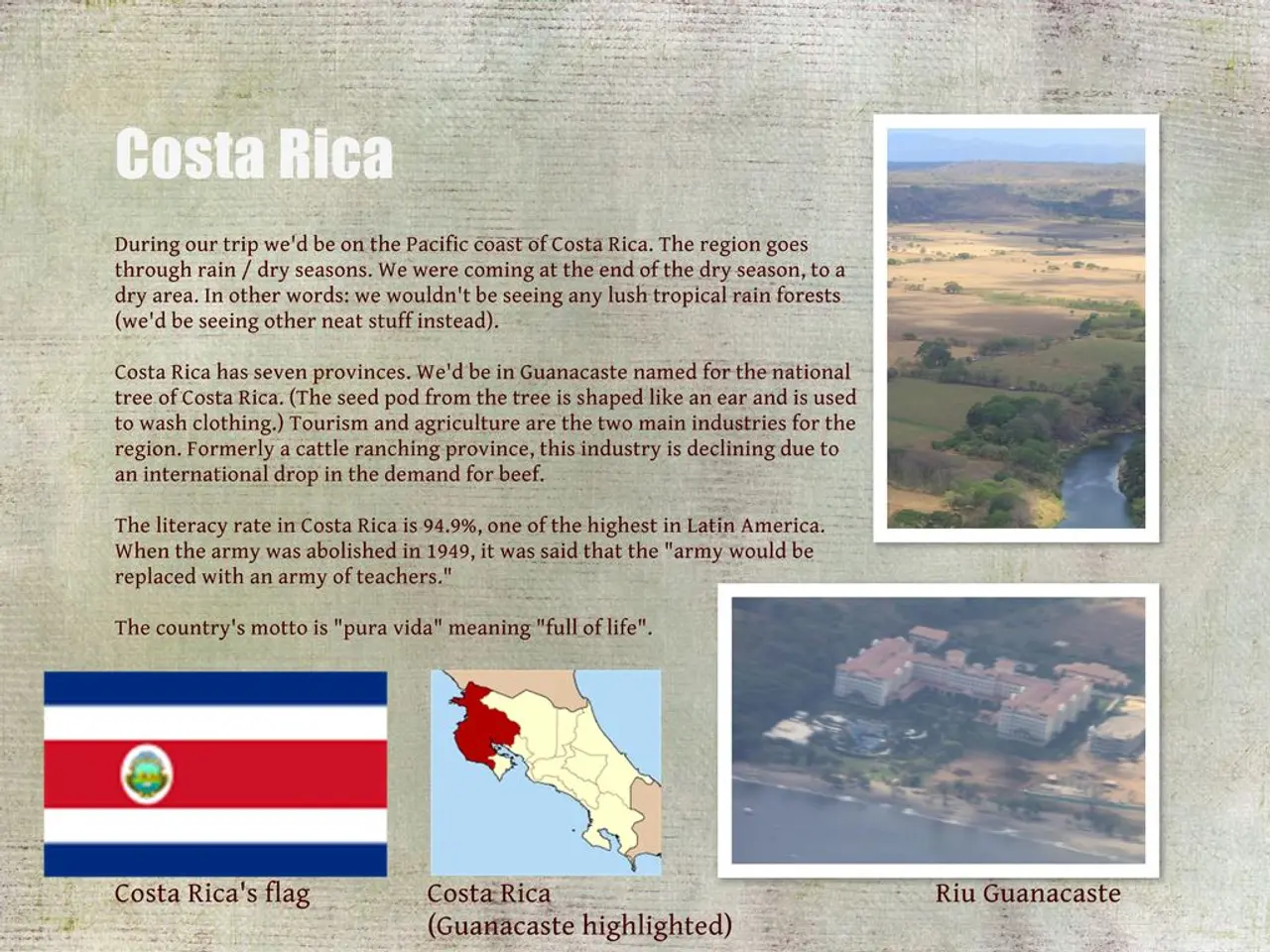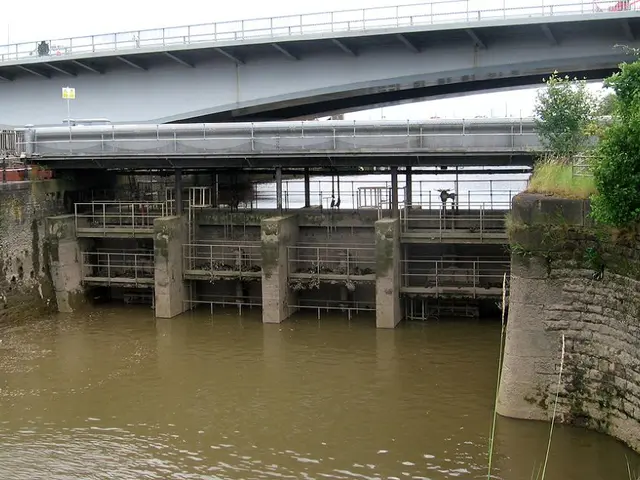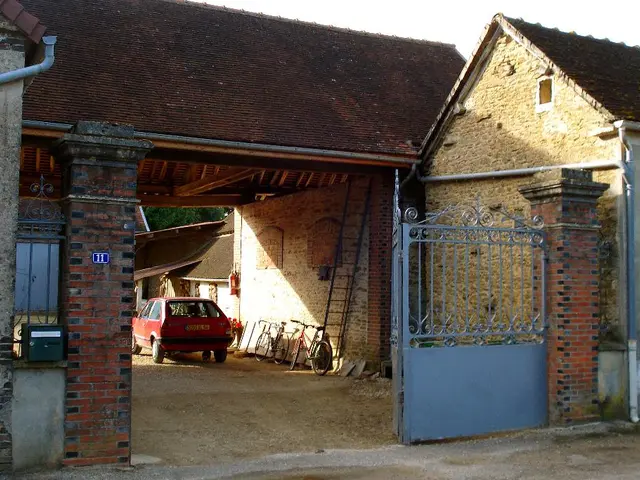Costa Rica will witness the installation of 230 electric vehicle chargers by ICE in 2025, promoting the pace of electromobility.
Costa Rica is set to lead the way in electric mobility in Central America, with the Costa Rican Electricity Institute (ICE) announcing plans to install 230 new fast chargers and 200 additional semi-fast chargers across the country by 2025.
The expansion project, which aims to reinforce rural and border regions, and improve the quality of service, is currently in its final development phase. The major expansion will come with the implementation of the project, which is expected to commence next year.
ICE has faced challenges installing chargers in rural areas far from the capital due to limited electrical infrastructure. However, the institute has successfully installed chargers in areas over 300 kilometers from San José, demonstrating its commitment to providing electric vehicle charging solutions nationwide.
The new fast chargers, supplied by StarCharge, will be equipped with a capacity of 150 kW, and 30 of these will be installed in the first half of 2025. The semi-fast chargers, with a capacity of 21 kW, will be distributed throughout the country, in strategic urban and peri-urban areas.
The choice of StarCharge was based on factors such as technology, spare parts support, and the in-house manufacturing of electronic cards and connectors. ICE has also explained purchasing processes, charging, and management of spare parts to other Central American countries, attracting interest from countries like Honduras, El Salvador, and Guatemala.
The tendering process for the project is almost complete, and the contract with the supplier is expected to be signed soon. The project involves participation from both a public and private company, whose name has yet to be revealed.
ICE currently regulates a per-minute rate for fast chargers, but Bonilla suggests evaluating a power-based model for future charging costs. Chargers are available 24/7, 365 days a year, located in strategic areas like shopping centres and tourist spots.
ICE participates in international cooperation agreements, offering advice and sharing experiences in purchasing and installing electric chargers. Costa Rica leads in electric mobility in the region, attracting interest from countries looking to follow in its footsteps. The expansion project is a significant step towards a more sustainable future for transportation in Costa Rica and the wider region.








